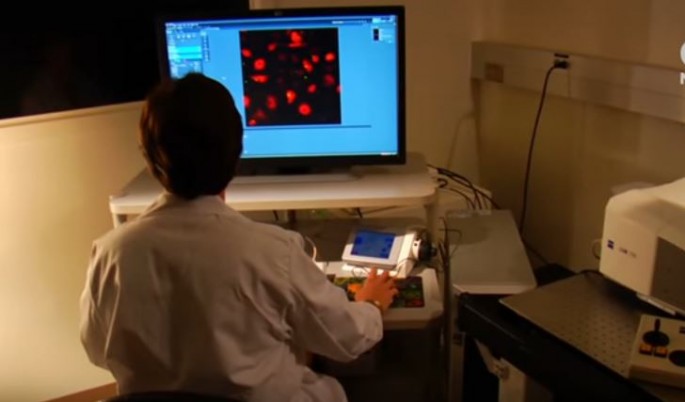HIV and AIDS are medical conundrum that has long propelled medical experts and scientists to seek for cure. With the latest development in the pharmaceutical industry, a Japanese founded company may have already figured out the potential way to control the AIDS causing virus.
With the various methods and procedures being presented to potentially stop the dreaded disease, Japanese pharma Takeda Pharmaceutical Company Ltd. may have already discovered a drug that could lead to a dramatic advancement in the fight against AIDS. Dr. Anthony Fauci, director of the National Institutes of Allergy and Infectious Diseases, even flew to Massachusetts to personally validate the fact that Takeda's drug may play a huge role in fighting AIDS.
According to JapanTimes, the drug developed by Takeda Pharmaceutical served to suppress the virus to undetectable levels in the eight monkeys used during trial. Such findings raises the bar for a so-called "functional cure." Thus, putting the dreaded diseases in sustained remission.
Now if further studies and development of the Takeda drug will be more successful, then more HIV and AIDS patients will surely benefit from such development. This would be a major breakthrough after an elaborate stem cell transplant was made and proven to be successful with the case of Timothy Ray Brown, the so-called "Berlin patient."
Meanwhile, in the other part of the globe, Nigerian researchers claimed to have found an herbal complement for the treatment of HIV and AIDS. According to Nigeria's The Guardian, local researchers may have discovered a herbal cure for HIV/AIDS by means of a water-based extract of bitter leaf, Vernonia amygdalina.
According to a research conducted on the effect of Vernonia amygdalina leaf extract, it was found out that it could serve as a nutritional supplement in an HIV-infected or immuno-compromised condition. Therefore suggesting that such extract could serve as adjuvant in the management of HIV/AIDS.
With all the medical breakthroughs concerning HIV/AIDS cure, it would not be long enough for a definitive cure to be made available in the market. We would just have to wait and see how these promising researches will deliver.



























